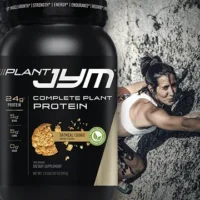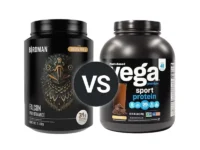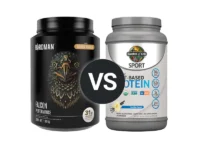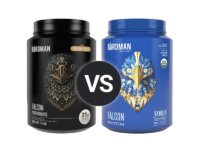Knowledge BaseYou're Questions Answered
Is pea protein powder a complete protein?
Pea protein powder is often considered a highly nutritious plant-based protein source, but whether it is a complete protein can be a topic of debate. A complete protein is defined as one that contains all nine essential amino acids in sufficient quantities necessary for human health. These essential amino acids cannot be synthesized by the body and must be obtained through diet.
Pea protein does contain all nine essential amino acids, but it is relatively low in methionine, one of these essential amino acids. This means that while pea protein is almost a complete protein, it may not provide the full spectrum of amino acids in the optimal ratios that the body requires on its own. However, it can still be an excellent protein source when consumed as part of a varied diet.
For individuals looking to ensure they get a complete amino acid profile from their protein supplements, combining pea protein with other protein sources, such as rice protein, can effectively complement its amino acid profile. Rice protein is high in methionine, which balances the lower methionine content in pea protein. This combination can help ensure that all essential amino acids are consumed in adequate amounts1.
Overall, pea protein is a highly digestible and hypoallergenic protein source that is well-suited for vegetarians, vegans, and those with food allergies. It is rich in branched-chain amino acids (BCAAs) like leucine, isoleucine, and valine, which are important for muscle protein synthesis and recovery2.
- Stone, A. K., Karalash, A., Tyler, R. T., Warkentin, T. D., & Nickerson, M. T. (2015). Functional attributes of pea protein isolates prepared using different extraction methods and cultivars. Food Research International, 76, 31-38.
- Gorissen, S. H., Crombag, J. J., Senden, J. M., Waterval, W. A., Bierau, J., Verdijk, L. B., & van Loon, L. J. (2018). Protein content and amino acid composition of commercially available plant-based protein isolates. Amino Acids, 50(12), 1685-1695.
Related Questions
Related Reviews
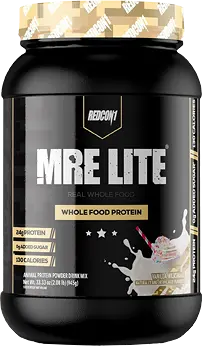
Your Answer
We are a participant in the Amazon Services LLC Associates Program, an affiliate advertising program designed to provide a means for us to earn fees by linking to Amazon.com and affiliated sites.


